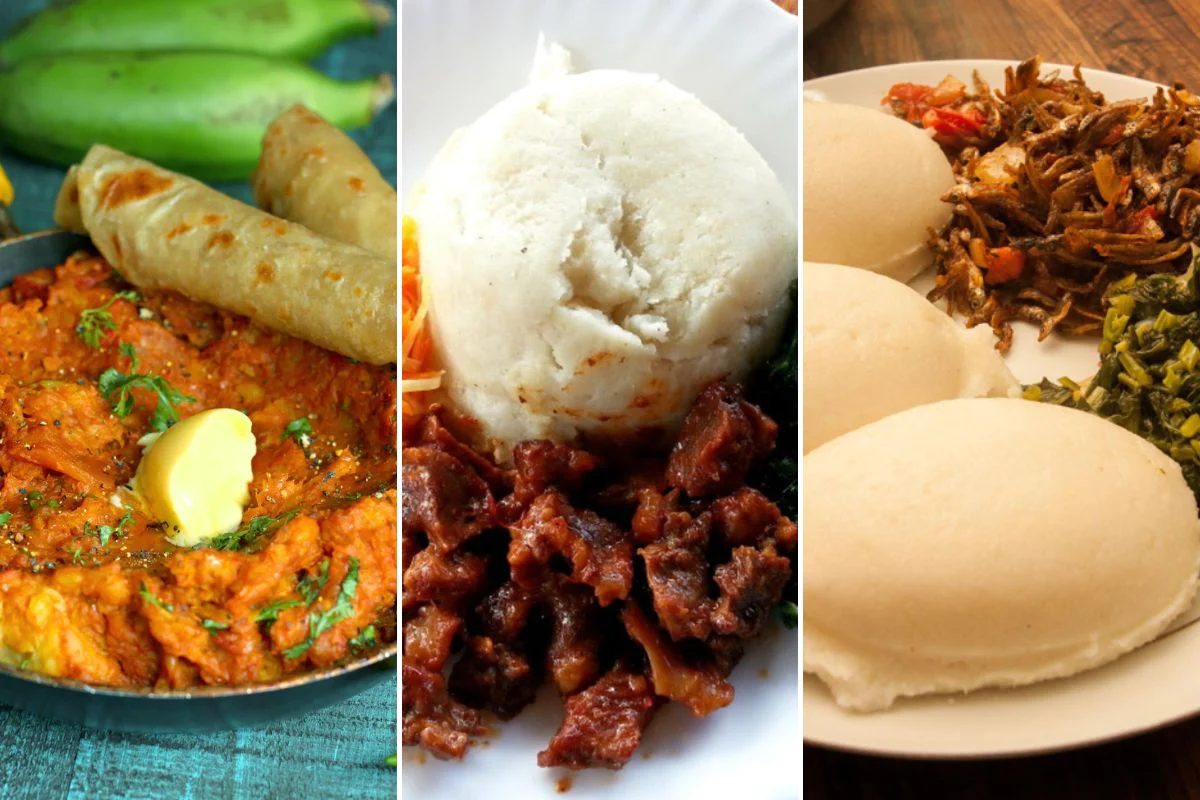
In the realm of gastronomy, the vibrant and diverse flavors of African cuisine have gained global attention for their unique blend of indigenous ingredients and cultural significance. From the northern reaches of the continent to its southern tip, African culinary traditions showcase a rich tapestry of flavors, colors, and textures, largely anchored by a variety of indigenous grains and tubers that form the cornerstone of numerous traditional dishes.
African cuisine’s authenticity lies in its ingenious use of grains such as sorghum, millet, and teff, along with an array of tubers like yams and cassava. These ingredients, often locally sourced and cultivated, serve as the fundamental building blocks for a myriad of delectable dishes.
Grains:
1. Sorghum: This ancient grain, resilient to harsh climates, is a dietary staple in various African regions. It is used to create porridges, flatbreads, and beverages like traditional African beer.
2. Millet: With its versatility, millet takes center stage in diverse dishes, ranging from couscous-like preparations to fermented porridges and baked goods.
3. Teff: Hailing from Ethiopia and Eritrea, teff is a tiny grain with remarkable nutritional value. It’s the key ingredient in injera, a spongy, sourdough-like flatbread essential in Ethiopian cuisine.
Tubers:
1. Yams: These starchy tubers are a culinary cornerstone in West Africa. They feature prominently in various stews, roasted dishes, and pounded yam, a beloved delicacy in Nigeria.
2. Cassava: Known for its drought resistance and adaptability, cassava is transformed into fufu—a dough-like accompaniment—enjoyed with soups and stews across many African nations.
The significance of these ingredients extends beyond their culinary appeal. They reflect the deep-rooted cultural heritage of African communities, often passed down through generations. The traditional methods of preparing these dishes, often involving grinding, fermenting, or pounding, also serve as communal activities, fostering bonds within families and communities.
Moreover, the growing appreciation for African cuisine has sparked interest globally, leading to the recognition of its nutritional value and diverse flavors. Chefs worldwide are increasingly incorporating these indigenous ingredients into their culinary creations, contributing to a broader recognition of the richness of African gastronomy.
